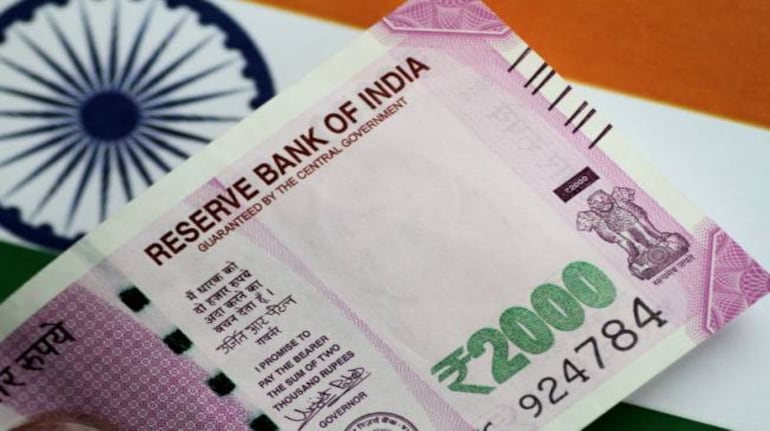



Cut your costs wherever possible to save money during the crisis period -- that’s the message from the government to State Bank of India (SBI) and other nationalised banks. This is indeed a good move since preserving capital is extremely critical during a downturn.
But so far, the government has been silent on the recapitalisation plan for Public Sector Banks (PSBs) though the capital requirement of state-owned banks has gone up substantially.
Austerity drive
The proposed austerity measures include deferring avoidable expenditure like purchase of staff cars, except in unavoidable cases, and expenditure on decorative, non-functional items for interiors, especially in non-customer-related premises like administrative offices, back offices and guest houses.
Recently, the Press Trust of India reported that Punjab National Bank had bought three high-end Audi cars for its managing director and executive directors.
In a letter to PSBs on June 7, the finance ministry asked them to resort to cost-cutting measures. Moneycontrol has reviewed the copy of this letter.
Further, the ministry asked the banks to significantly cut expenditure on non-core business activities. The FinMin wants the banks to cut costs by 20 per cent on a year-on-year basis on entertainment, publicity, travel and external infrastructure for meetings.
“The idea is to save money wherever possible, which is logical in the present scenario. Such directives keep coming whenever there is a hardship. There is nothing surprising in this directive,” said a senior banking industry official, who didn’t want to be named.
On the publicity front, banks have been asked to make ‘efficacious’ use of social media and press releases and pool in resources with other PSBs for common campaigns. Also, bank officials have been asked to avoid travel and make use of local offices and digital means of communication, instead.
PSBs are allowed to use external infrastructure, only if internal facilities or common facilities with other PSBs are not available.
Where is the money?
COVID-19 has hit the financials of PSBs to a significant extent. Most banks had to make upfront provisions. While most private sector banks including ICICI bank and HDFC Bank have announced plans to raise capital in the recent weeks, PSBs, especially smaller ones, may not be able to gain investor interest easily due to their weak balance sheets. They typically get capital from government, the majority owner, annually.
“The COVID-19 scenario and the pressure of the ongoing Micro, Small and Medium Enterprises (MSME) loan scheme will hurt the smaller, regional-focused banks even more,” said Jaikishan Parmar, analyst at Angel Broking.
“In the present scenario, these entities will need capital support to run even their normal business activities. The higher provisioning burden on account of likely spurt in bad loans will add substantial pressure,” Parmar said.
The government hasn’t announced any capital infusion plan for PSBs in this year’s budget. This would mean that they will have to fend on their own. While a few large PSBs like SBI, BoB and PNB may be able to do so, smaller ones may have a tough time. Banks like SBI, PNB and IDBI Bank have indicated that they are planning to raise capital this year to meet the capital reserve requirement and growth capital.
For PSBs, COVID-19 presents twin challenges. With more companies coming under stress, PSBs are likely to see a rise in their bad loan levels. This will require higher provisioning. Provisions are money set aside to cover risky loans.
Banks also need growth capital to meet credit demands. Rating agency ICRA estimates that the gross non-performing asset (NPAs) could rise to 11.3-11.6 per cent by March 2021 from an estimated level of 8.6 per cent for March 2020, with a fresh gross slippage of 5.0-5.5 per cent of standard advances during FY2021.
The credit rating agency estimates that PSBs will need an estimated capital infusion of Rs 450-825 billion against the earlier estimated Rs 100-200 billion even under a scenario of low credit growth of 3-4 per cent for FY2021.
The uncertainty on the asset quality of banks remains high, with almost 30-40 per cent of the loan book across various banks under the moratorium announced by the RBI, ICRA said. PSBs will require significant capital infusion and many of them may not be able to make it on their own.
Discover the latest Business News, Sensex, and Nifty updates. Obtain Personal Finance insights, tax queries, and expert opinions on Moneycontrol or download the Moneycontrol App to stay updated!
Find the best of Al News in one place, specially curated for you every weekend.
Stay on top of the latest tech trends and biggest startup news.